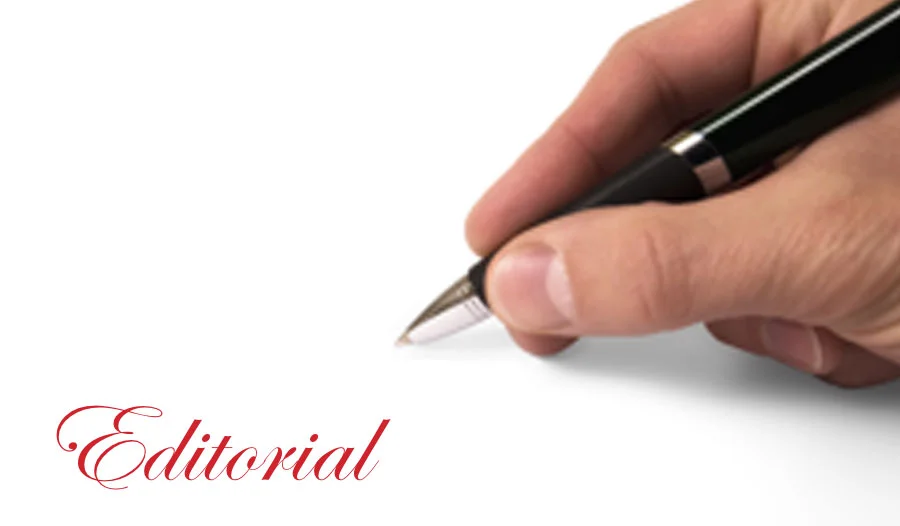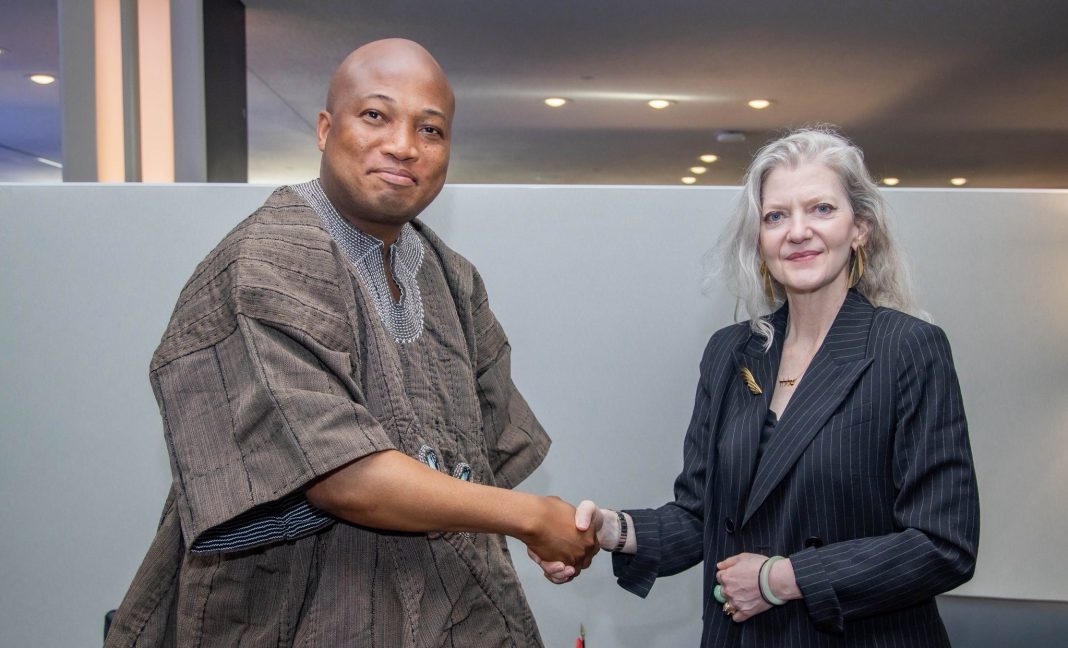Copyright mauritiustimes

Former French President Nicolas Sarkozy was sentenced to five years in prison for criminal conspiracy in the Libyan campaign financing case yesterday. The Paris court found him guilty of criminal conspiracy over efforts to secure campaign funds from the Gaddafi regime for his successful 2007 presidential bid. The sentencing of Sarkozy is more than just a judicial footnote; it is a profound inflection point in the global narrative of political accountability. This verdict, building upon two previous convictions for corruption and illegal campaign financing, sends a clear and resounding message: no one, not even a former head of state, is above the law in a functioning democracy. The complexity of the ruling — convicting Sarkozy on the serious charge of “criminal conspiracy” for allowing his aides to seek Libyan funds, even without conclusive proof that the money was actually used — underscores a crucial aspect of French law: the intent to corrupt or conspire against public trust is itself a crime. This principle is vital. It shifts the focus from merely tracking laundered cash to upholding the integrity of the democratic process, recognizing that the mere attempt to solicit opaque foreign funding is a profound breach of faith. The Dark Side of Political Financing Sarkozy’s case throws a harsh spotlight on the shadowy world of political financing and what invariably comes with it: opaque deals with financiers and, in this instance, foreign regimes. Political campaigns are expensive machines, and the vast sums required often create a dangerous dependence on wealthy donors, powerful corporations, or, most alarmingly, foreign governments. When these funds are not transparent, a corrupt bargain is struck. The transaction ceases to be a donation and becomes an investment, where the currency of exchange is not money but future policy, or regulatory leniency. These opaque deals allow powerful individuals to buy influence, effectively hijacking the democratic mandate for private (or foreign) gain. The public, whose trust and taxes fund the state, is kept in the dark about who truly holds the leash on their elected officials. This deliberate obfuscation corrodes the very foundations of public life, transforming political leadership from a public service into a commodity for sale. Sarkozy’s alleged dealings with Muammar Gaddafi represent the most serious form of this corruption: exchanging a foreign leader’s money for diplomatic leverage. While Sarkozy and his co-defendants, including former close associates Claude Guéant and Brice Hortefeux, will undoubtedly continue their strenuous legal battles, the court’s judgment has already served its primary purpose: exposing the conspiracy to the court of public opinion. The independence of the institutions The French judicial system’s determination to hold a former President accountable — symbolised by the judge’s surprising decision that Sarkozy will face imprisonment even while appealing — stands in stark contrast to the impunity enjoyed by political leaders in many other parts of the world. In numerous countries, particularly those with weak democratic institutions, authoritarian regimes, or entrenched oligarchies, the political elite operate within a fortress of shielded power. Here, political leaders are often protected from prosecution by a combination of weak rule of law, compromised judicial systems, and constitutional immunity clauses designed not to facilitate governance but to protect personal enrichment. We frequently see leaders or their henchmen in these regions amassing huge wealth while their populations toil to make ends meet. The national wealth, intended for public goods and services, is systematically diverted into private accounts, often held offshore or invested in opulent real estate abroad. When citizens dare to question or protest, the state’s apparatus — police, security forces, and in some cases captured media — is used to silence them. The difference lies in the strength and independence of the institutions — specifically, an independent judiciary and a free press. In France, a prosecutor could bring a case, judges could rule, and a sentence could be passed against a former president because the state’s institutions possess a degree of autonomy and a commitment to the rule of law that transcends any single politician. The Rise of the People’s Determination However, the tide is turning. Across the globe, there is a palpable determination of citizens to hold their leaders accountable, even where official institutions fail. Recent years have seen massive protests in some countries aimed at driving away leaders perceived as corrupt. From the streets of Latin America to the squares of South-East Asia and Africa, populations are no longer willing to tolerate the blatant disparity where politicians flaunt ill-gotten gains while public hospitals lack basic medicines, daily living becomes a headache due to rising commodity prices and infrastructure crumbles. These are not merely economic protests; they are moral uprisings against a broken social contract. They are a rejection of the idea that political office is a licence for theft. The energy behind these movements is often fuelled by the very transparency that corrupt leaders seek to suppress. Social media and an increasingly globalised network of investigative journalists (both official and citizen-led) are making it harder for the corrupt to hide. Whistleblowers, often at immense personal risk, leak documents; databases expose offshore holdings; and citizen monitors track the flow of public contracts. This constant surveillance — the “digital flashlight” on corruption — is providing the evidence that fuels public outrage and mobilises street action. These protests are an essential check on power in places where legal checks have failed. They force the hand of complacent parliaments, pressure compromised judiciaries, and ultimately, they can lead to the fall of seemingly untouchable figures. While such transitions are often messy, they represent the ultimate democratic impulse: the sovereign will of the people demanding justice. The Imperative of Transparency and Integrity The Sarkozy verdict, therefore, is a moment for reflection. It is a powerful reminder to every political leader that accountability is not an option; it is a non-negotiable requirement of democracy. To safeguard our political systems against the cancer of corruption, two imperatives must be met. First, there must be Mandatory Transparency in Political Financing. This means that every donation, every expenditure, and every campaign debt must be public, fully traceable, and subject to independent audit. Crucially, the loopholes that allow for dark money, shadow groups, and the exchange of “in-kind” favours must be permanently closed. Second, we must ensure Unbreakable Judicial Independence. The separation of powers must be fiercely protected, guaranteeing that judges, prosecutors, and anti-corruption agencies are granted the resources and institutional safeguards necessary to investigate and prosecute anyone, regardless of their past or present office. The Sarkozy case, the global protests against corruption, and the relentless pressure of informed citizens are all pieces of the same puzzle. They signal a collective, global awakening to the threat that corruption poses to democratic legitimacy and social stability. The battle against impunity remains difficult and ongoing, but the principle established by the Paris court — that the law must reach the very pinnacle of power — is a profound victory. This precedent should embolden every citizen striving for a truly fair, transparent, and accountable polity. Mauritius Times ePaper Friday 26 September 2025



